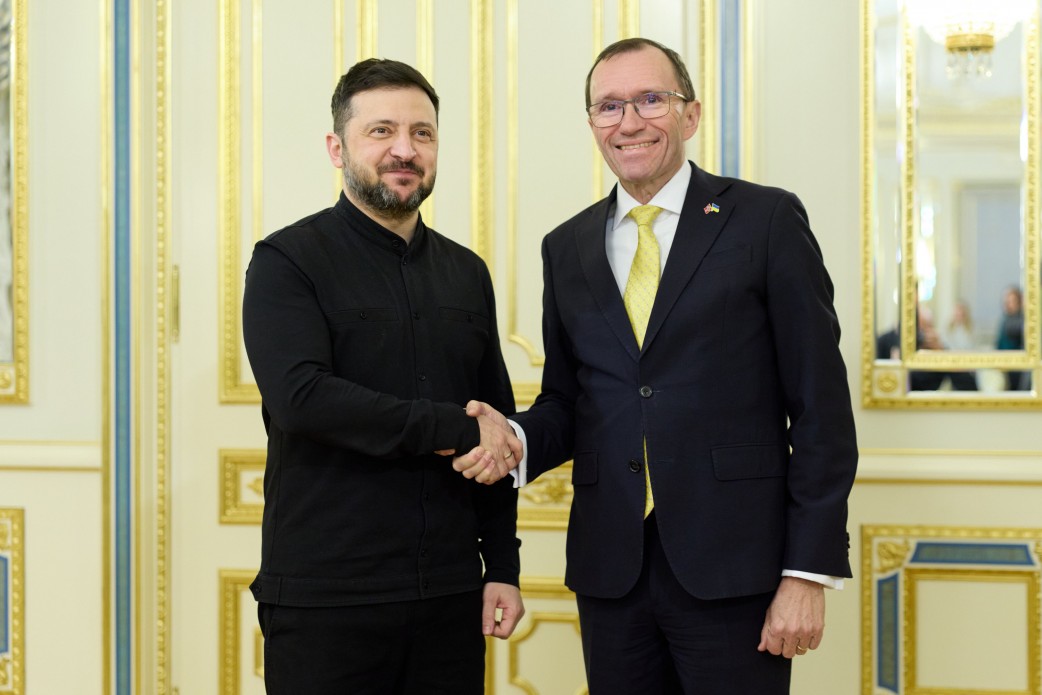Russian authorities are preparing to deprive foreign companies that have left the country of the right to repurchase their assets, which had been stipulated when they sold their businesses.
The relevant draft law has already been approved by the Russian Ministry of Finance, and the State Duma may adopt it in June, according to Izvestia.
According to the document reviewed by the publication, foreigners will be allowed to repurchase shares of their former enterprises only if approved by the government or the new owner. At the same time, the return of assets can be denied if the foreign shareholder comes from an "unfriendly" country; if the repurchase agreement specifies a price below the market value; or if two years have passed since the contract was signed.
However, if the repurchase is denied, the foreign business must receive compensation, the amount of which will be determined by the government. If the former foreign owners failed to fulfill their obligations before leaving, the option payout will be reduced, with the final amount set by a court, according to the draft law.
The document also notes that the government will have the right to deny foreign entrepreneurs the return of assets if the company belongs to an industry that affects the country’s socio-economic situation. Critically important businesses related to financial stability and national defense can be returned only with the president’s approval. The law will come into force on the day of its publication.
According to calculations by the Association of Lawyers, at least 18 foreign corporations that had a repurchase option may face the inability to regain their Russian assets. Publicly, such clauses in contracts were rarely disclosed, but it is known that they were included by French Renault and American McDonald’s. For example, Renault planned to repurchase its assets within six years, the same condition applied to McDonald’s.
The proposed draft law is primarily aimed at developing Russian businesses that have already established their own production on former foreign enterprises, says Maria Spiridonova, managing partner of “Leges Bureau” and member of the Association of Lawyers.
At the same time, from a legal standpoint, restrictions on repurchase rights constitute interference with corporate rights, notes lawyer Evgenia Sabitova. According to her, vague wording in the draft law will create uncertainty in the market and provoke conflicts.



















